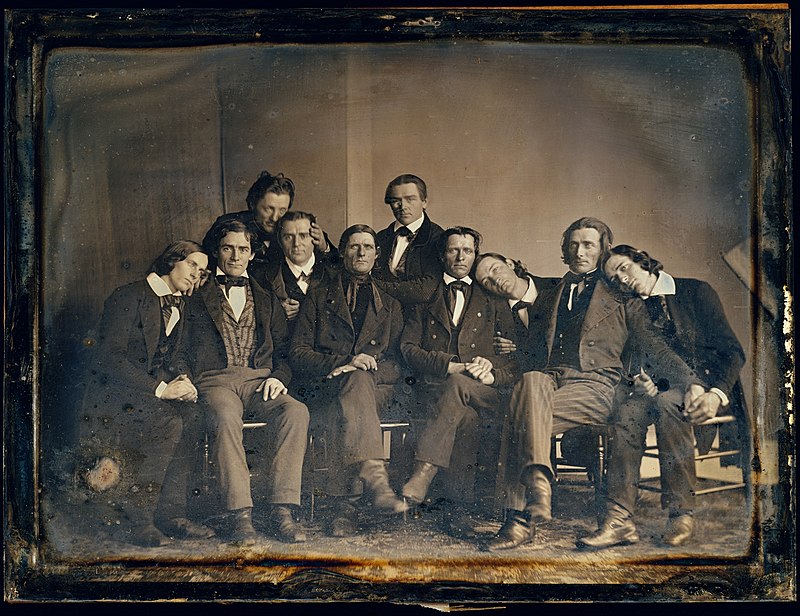No book to review tonight. And that’s tragic, because it leaves me no alternative but to write down my thoughts. You’ve been warned.
The question is perpetual. People ask, “If you’re a Christian, why aren’t you a socialist? Didn’t Jesus tell us to share what we owned with the poor? Didn’t the Jerusalem church in Acts practice common ownership of property? Doesn’t it make you a hypocrite to promote capitalism, which is based on greed?”
A natural question. And one that’s been addressed numerous times. So what I’m about to say is far from original.
I support capitalism because I’m a Christian, with a Christian world view.
Capitalism recognizes the biblical view of Man, which is that Man is fallen and sinful by nature. Greedy, among his other faults. Capitalism recognizes that this is true of everyone – rich and poor, male and female, regardless of race.
Capitalism restrains (or tries to restrain) one greedy man who has achieved wealth from dominating everyone around him. It forces him to compete with other greedy men in order to achieve further wealth. This gives a certain amount of power to the consumer, who is likely much poorer than the rich guys.
It’s a system for controlling greed through the distribution of power.
Socialism is based on a non-Christian view of Man, that Man is basically innocent, just corrupted by a perverted society that has somehow evolved (it’s never explained how that happened if Man is innocent). The classic expression of this view is Rousseau’s “Man was born free, but is everywhere in chains.”
Socialism assumes that if those societal chains (chains of wealth, power, class, gender, race, etc.) are removed, innocent Man will blossom into his natural virtue, and the world will become an Eden.
This plan has never worked. And when it fails, Socialist True Believers have no alternative but to look for scapegoats. “The plan was perfect! Based on science! So if it fails, it must be the fault of wreckers! Find these wreckers, and eliminate them!”
Thus the inevitable re-education camps and gulags.
That’s what happens when you try to enforce Christian love without the change of heart wrought by the gospel. Also when you try to perfect the human heart through force of law.
Ever read the epistles of Paul? A fair proportion of their text involves appeals for funds, to help feed the socialist church in Jerusalem, which is now starving.





